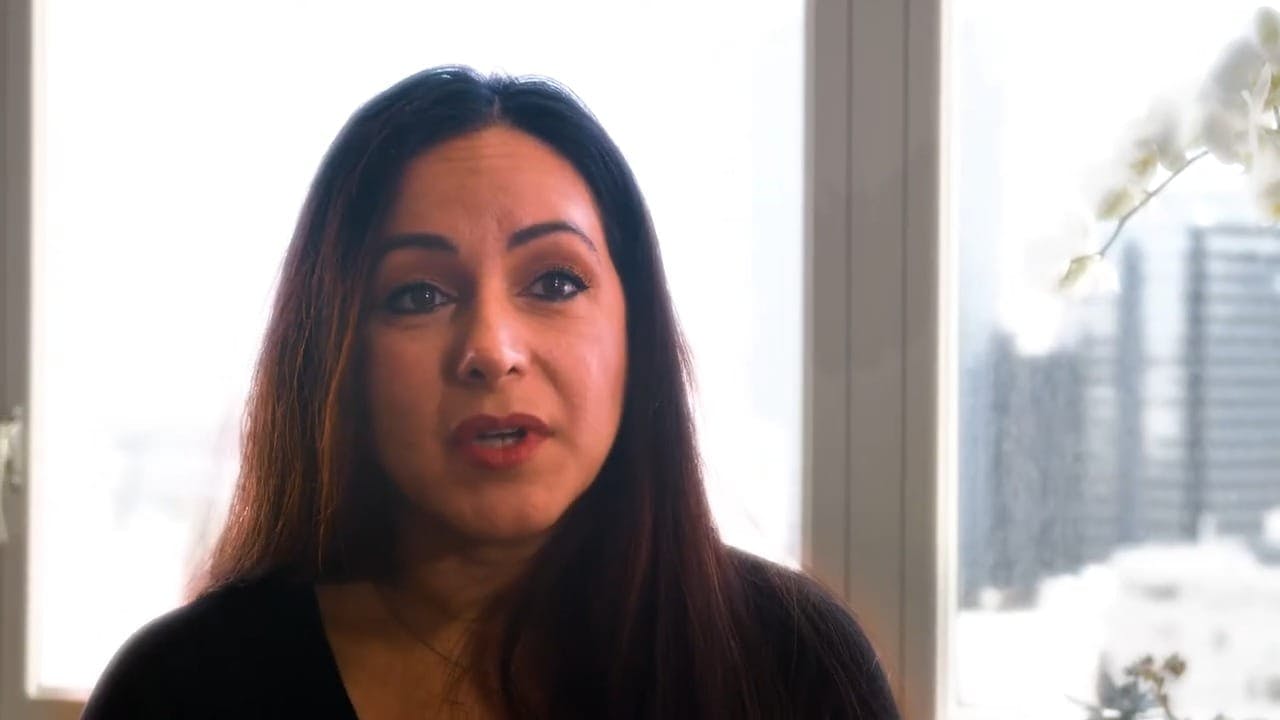We at Dion Health Services offer several state-of-the-art treatments for individuals experiencing persistent teeth grinding or clenching.
Causes of Teeth Grinding and Clenching
Teeth grinding and clenching can be caused by several factors. These causes can be classified into physical, psychological, and lifestyle categories. Listed below are some of the most common causes of bruxism.
Stress and Anxiety
High levels of stress and anxiety are the most common causes of bruxism, often leading to unconscious clenching and grinding, especially during sleep.
Temporomandibular Joint (TMJ) Disorders
Disorders of the jaw joint and the muscles that control it can lead to grinding and clenching.
Sleep Disorders
Conditions like sleep apnea, snoring, and other sleep disorders can contribute to teeth grinding.
Malocclusion (Misaligned Bite)
An improper alignment of the teeth can cause grinding and clenching as the jaw tries to find a comfortable position.
Medications
Certain medications, particularly some antidepressants and antipsychotics, have side effects that include bruxism.
Caffeine Consumption
Excessive intake of caffeine from coffee, tea, or energy drinks can increase the likelihood of teeth grinding.
Alcohol and Tobacco Use
Both alcohol and tobacco use have been linked to increased incidence of bruxism.
Recreational Drugs
The use of recreational drugs, such as ecstasy and cocaine, can trigger grinding and clenching.
Personality Type
Individuals with aggressive, competitive, or hyperactive personality traits may be more prone to bruxism.
Genetics
Bruxism can run in families, suggesting a genetic predisposition to the condition.
Physical Stress
Intense physical activities or work that puts strain on the jaw muscles can lead to teeth grinding.
Neurological Conditions
Certain neurological disorders, such as Parkinson's disease, can cause bruxism.
Missing or Crooked Teeth
Dental abnormalities such as missing, crooked, or misaligned teeth can contribute to bruxism.
Loose or Broken Teeth
Damaged teeth can cause the jaw to shift positions, leading to grinding.




